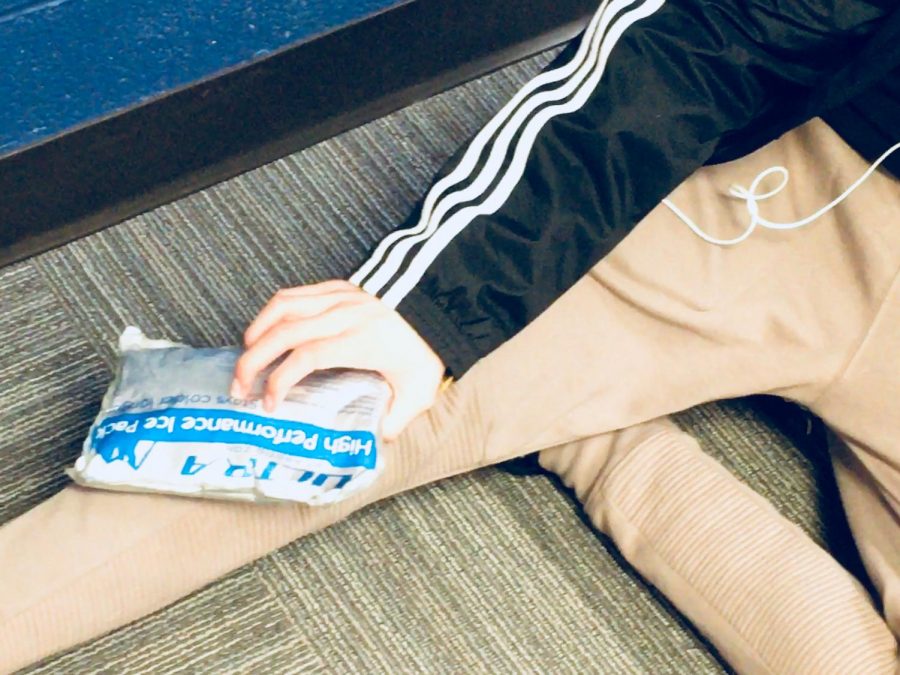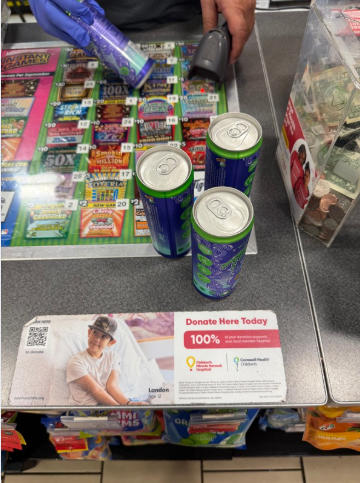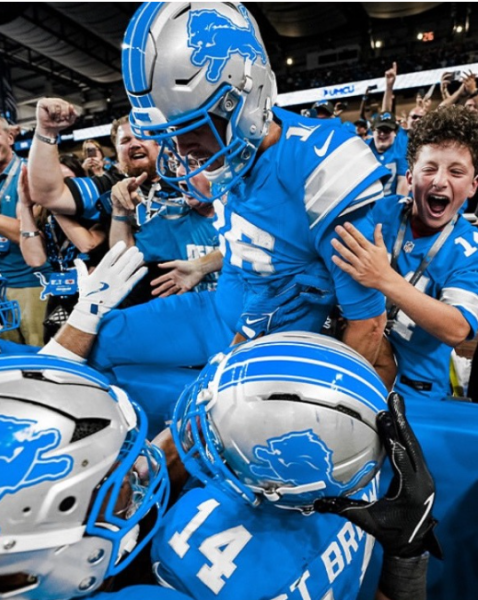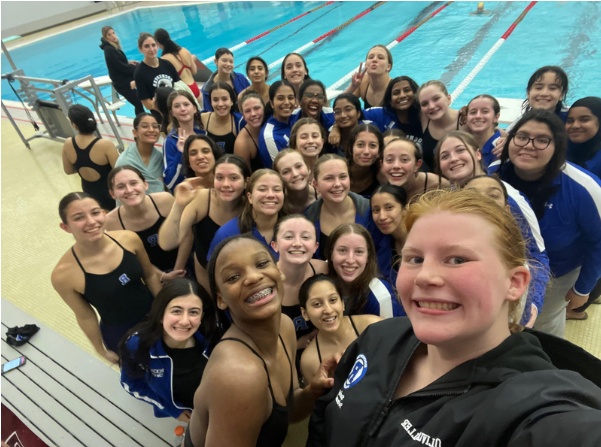Student athletes cope with injury
March 6, 2018
Many student athletes have faced an injury or the threat of such in their time training and competing in their sport. While some have managed minor injuries, such as shin splints or turf burns, some have faced bigger and more concerning ones. Concussions are a dime a dozen in nearly every team sport from soccer to softball. Some athletes have seen the effects of a broken foot or leg and had to undergo surgery.
Senior Grace Forlines tore her ACL, MCL, and her meniscus last year while participating in a preseason lacrosse game. She was out for the rest of the spring season.
“I was going for a pass and instead of my whole leg moving, just my knee did and my foot stayed planted in the ground,” Forlines said. “I heard a pop and I fell.”
Recovery for Forlines has been a process, as she was stuck in a wheelchair following surgery. She was on crutches for a month in the spring, and she is still not yet fully recovered. Despite her injury, she was still able to participate in her final swim season as captain.
“I cannot do any cutting and pivoting sports until January, but I was able to start swimming again this year because your body is in the water so it’s not as intense,” Forlines said. “I’m running again and swimming. I made it to states, which was pretty good for me because I was just able to start using the blocks about a month or two ago.”
While playing softball, junior Emily Morrow had suffered multiple injuries as well.
“I don’t really remember it that well, but somehow I hit my head really hard on the pole of the dugout and it knocked me out pretty good,” Morrow said.
Morrow still had an unlucky fate when attending practice the following day.
“The next day I broke my nose trying to catch and I got hit in the face with a ball,” Morrow said. “I sat out for a game and I was in the next time after.”
There have been a wide range of the types of injuries that the Falcon Stadium has seen. Between high-contact sports like football and men’s lacrosse, there have been some more serious injuries that have resulted in long periods of recovery.
“We had a football player fracture his tibia and fibula, basically his ankle, during the middle of the game,” said athletic trainer Jim Niemi. “That was my first game working here and I had to evaluate him. He was out of the rest of the season, so I would say that one is the one that comes to mind [as one of the worst injuries].”
Despite the carefree attitude that some student-athletes may have about injuries, the trainer does worry about how serious the lasting effects can be.
“If I suspect that they have a spinal injury, that’s a huge huge deal because if they get hit again in that sport and more damage is done to that spine then [I wonder if] they are gonna be paralyzed for life,” Niemi said. “Are they gonna end up in a wheelchair? Spinal injuries are the huge ones that I worry about just because you’re looking at the kid’s livelihood right there.”
Forlines, who is still recovering from her injury, said that physical therapy following her surgery was one of the most painful experiences she’s had.
“Just staying strong and fighting through,” said Forlines. “This was one of the hardest things I’ve ever gone through in my life, and staying positive, because if you’re just down in the dumps about it you’re not gonna want to get better.”
Despite the difficulties and setbacks of her injury, Forlines has found ways to stay positive by connecting with others.
“There was this one girl at a summer camp I went to and I saw her with a knee brace and I went up to her and asked her about it, asked if she had torn her ACL and she said yeah,” Forlines said. “I talked to her about it and told her that it would get better.”
The trainer said to be honest about any injuries that student-athletes may encounter and to make health a priority.
“Don’t try to be a hero about the injury,” Niemi said. “It’s kind of hard for these young kids or young adults to realize that they have the rest of their lives ahead of them. If you’re hurt, speak up, tell coach, tell the athletic trainer, tell your parents, go see a doctor, whoever, because a lot of these injuries you can actually correct before they get worse. If you tell someone you can be looking missing a day or a week or maybe even a couple months as opposed to the rest of your high school career because you’re hurt.”







